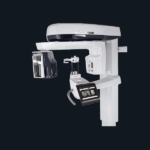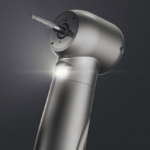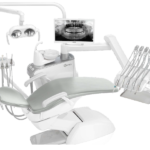
Interestingly, a pregnancy test looks for a hormone called human chorionic gonadotropin (hCG). The hormone is only found in a woman’s body during pregnancy. These tests often use your blood or urine to look for hCG, the hormone that only develops when pregnant.

Most at-home pregnancy tests are inexpensive, as they are primarily urine tests. If you use them correctly – home pregnancy tests could be very accurate.
What is A Pregnancy Test?
A pregnancy test is a method to determine if you are pregnant as they look at the amount of human chorionic gonadotropin (hCG) in the pregnant woman’s body. From the very beginning of pregnancy, the body undergoes several changes.
It is important to note that these changes often support growth in grouping cells. They slowly develop into your baby. After a while, this grouping of cells happens very quickly, which is the production of hCG. It is important to note that this chemical is only found in pregnant women. But the chemical starts to build up once the fertilized egg gets implanted in the woman’s uterus, 10 days after conception.

There are two main types of pregnancy tests: urine and blood tests. When you take a urine test at home – you often use a home pregnancy test kit. You can easily purchase these kits over the counter without a prescription from your doctor. Interestingly, you can find them in a variety of price ranges. But your doctor will check for pregnancy with a blood test at the doctor’s office.
There could be several reasons why you may need a pregnancy test. One reason could be you are trying to get pregnant and hoping for a positive result. Otherwise, you may have experienced an issue with your birth control.
Some of you might have a medical procedure or have started a new medication that may be complicated by pregnancy. If you have any questions about your test results, discuss them with your doctor.
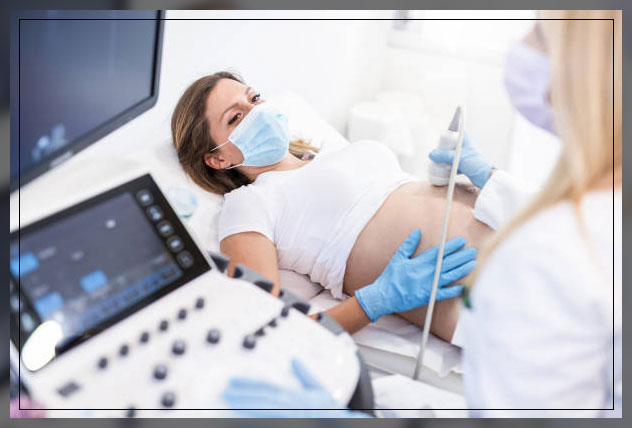
The best option is to reach out to your doctor. Your doctor may also use an ultrasound to confirm your pregnancy. Especially during the later stages of pregnancy, an ultrasound can monitor the growing fetus closely. Ultrasound will help look at the ever-increasing baby but also helps to ensure the development timeline closely matches the dates of your conception.
How Do Pregnancy Tests Work?
When you take a pregnancy test, the test looks for the amount of human chorionic gonadotropin (hCG) in the body. You can find hCG both in the urine and blood.
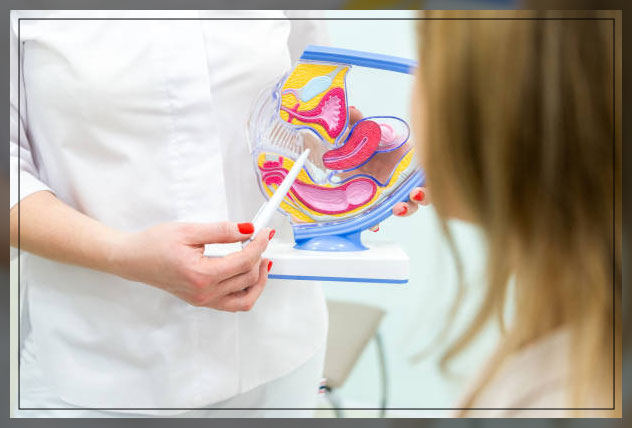
It is important to note that the chemical only needs time to build up in your body. Note that it can cause very early pregnancy tests to come negative. With each day of early pregnancy – your body will create more and more hCG. As the week progresses, you will have more hCG in your body. It is only more likely that a pregnancy test will be positive.
So by now, you know that all pregnancy tests work on the same principle. It means they check the amount of hCG in your urine or blood. A piece of reactive paper can help detect the hCG in a urine test. It may then show a plus sign, double vertical lines, or even the word pregnant written.
So you will find that different tests will show a positive result uniquely. Therefore, you should always read the directions that come with the pregnancy test. Only then will you know what a positive impact looks like.
You will also find a control window on the test kit that will show up first. Seeing a symbol in this window – will help you control whether the test is working. It is important to note that different brands of tests will take different amounts of time to process.

Once you take a blood test, your provider will take a sample of your blood and send it to a lab. After this, the lab will analyze and determine the amount of hCG in the blood.
What are the Different Types of Pregnancy Tests?
There are primarily two types of pregnancy tests: urine and blood tests. You can take urine tests typically at home. However, you can also have a urine test at your doctor’s office. On the other hand, blood tests for pregnancy are usually done by your doctor.
1. At-home pregnancy test
During an at-home test, the specialist will use your urine to look for hCG in your body. According to most manufacturers, at-home pregnancy test kits are about 99 percent effective when used as instructed.
The home kits have the same accuracy rate as the urine pregnancy tests done in your doctor’s office. These tests are readily available in most pharmacies or grocery stores, and you do not need a prescription. But these test kits might take different amounts of time depending on the brand. However, you should read these test kits’ instructions before purchasing them.

During an at-home pregnancy test, you should place one to several drops of urine on a prepared chemical strip. Or you might recognize the test kit strip in the urine stream. Remember that the strip is specially designed to detect hCG present in the urine.
For many of these tests, your specialist can detect hCG in your urine just 10 days after conception. It is important to note that taking the test after your missed period will reduce your chance of getting a false negative.
Few of these things in mind when you take home pregnancy tests:
- Use your first-morning urine whenever possible. It is the time of day when the hCG levels in the urine will be the most concentrated and is easily detected. If you do it during other times of the day – ensure your urine stays in your bladder for not less than four hours.
- It is important to note that – you should not drink excessive fluids before taking a pregnancy test. Many people think it will increase the volume of your urine – but this practice can dilute your hCG levels at the same time.
- Always read the directions that come with the test thoroughly before you start the test. You should follow each step precisely.
2. Blood test
Your doctor may use another type of pregnancy test, one that may use a blood test. Blood tests are rarely done because they are not only expensive but tend to have the same result as a urine test.
Your lab specialist will use a tiny blood sample for this type of pregnancy test. The sample is sent for analysis at a hospital or healthcare provider’s office. Interestingly, the blood test not only detects whether the pregnancy hormone is present in your body but, at the same time, it also determines how much of the hormone is present.
A blood test for pregnancy is usually done in particular circumstances. It is done primarily for women with ongoing infertility treatments or when the doctor thinks there could be a problem.
It is important to note that these blood tests are slightly more sensitive than standard urine tests. The reason is – these blood tests can detect minimal levels of hCG. Hence they can provide a more accurate answer even early in pregnancy. These tests are so precise that you can expect positive results within 9 to 12 days after conception. Your specialist will take your blood sample and send it to a lab for analysis. Results usually take a few hours or a day to come.
Your doctor may also use a blood test to compare hCG levels during pregnancy. It is interesting that your hCG levels usually double every two days. Especially during the first few weeks of pregnancy, if these levels do not rise – it may suggest a problem with the pregnancy.
If you have incredibly high hCG levels, it means that you might be carrying twins or that there is an issue. Note that these levels are significant and provide much info about your pregnancy.
When Should You Take The Pregnancy Test?
If you suspect you could be pregnant, taking a test is a good idea. If you are pregnant, you might need to begin prenatal care at the earliest.
Home pregnancy tests often differ in how early they can detect a pregnancy. In most cases, people get a positive result from an at-home test – even as early as 10 days after conception. Therefore, if you want a more accurate result, wait until you have missed your period. After which, you should get the test done.
If you take a test too soon, it may even be harmful – even though you may be pregnant. If you get a negative test and miss your period – then take another test or consult your doctor.
Advantages of Using a Home Pregnancy Test
There are quite a few advantages if you use a home pregnancy test. Pregnancy tests are inexpensive.
- These kits are quite easy to use.
- Home tests provide you with results quickly.
- According to most pregnancy kit manufacturers – at-home pregnancy tests are about 97 to 99 percent accurate. Therefore, you can trust the positive result. But at times you can get a false negative result if you get the test done very early in pregnancy.
Blood tests may tend to be more expensive for most. Moreover, the wait for an appointment could be difficult too. In such a scenario, home tests will let you know if you are pregnant shortly after conception.
Are Home Pregnancy Testing Methods The Same?
Yes, most brands of at-home pregnancy tests are reliable. Although the testing method of different pregnancy tests may differ from one type to the other – they all look for hCG in your body.
Some tests may do this through urine, while others often look for the pregnancy hormone in your blood. If you use the at-home test, all will give you the same result. The only difference will be the sensitivity of the test. Some tests might be more sensitive than others, producing a positive outcome while detecting hCG in your urine.
However, for the most accurate reading, your doctor recommends waiting until you have missed your period. At that point, all tests will give accurate results.
Read other similar articles on water flosser, wound care, hand hygiene, hand sanitizer spray, sanitizer dispenser, hand sanitizer, medical gloves, medical bed, and more.


